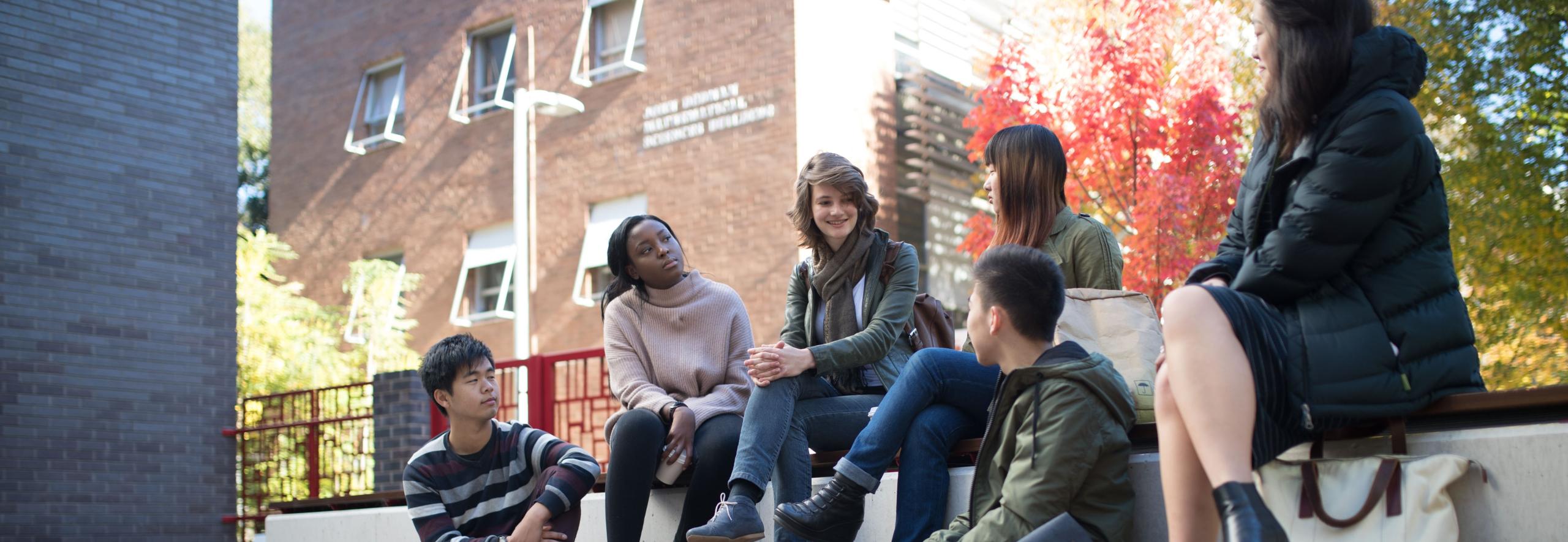
This is a clinical program based in a community legal practice environment. Students participate in the Youth Law Centre, a non-profit legal service for ACT youth aged 12-25 years. While analysing the various roles that lawyers can play, students will focus on extending legal assistance, social justice and reform - particularly in relation to youth legal needs in the ACT.
Eligibility
Location: Youth Law Centre
Mode of Delivery: In person
Course Convener: Amy Kilpatrick
Offered in: Summer, Semester 1 and Semester 2
Requirements:
- Meet the course prerequisites
- ANU Child Protection Policy and Procedure
- Working with Vulnerable People Card
Course credit: LAWS4267/LAWS6267 (6 units)
Students can apply for a maximum of two clinical courses, noting that, if successful, approval will only be provided for one clinical course.
Apply hereClinic questions answered by Michael Sassella
Why are you passionate about this Clinic and area of Law?
Since March 2017, I have worked at Legal Aid’s Youth Law Centre, where I enjoy helping talented young lawyers develop their skills. As the convener of ANU’s Youth Law Clinic, I continue my passion for law in its broader contexts—social, political, historical, psychological, and current affairs. Having previously taught similarly at Macquarie Law School in the 1970s and 80s, I was thrilled when ANU invited me to lead the clinic, which explores the societal impact of our practical work.
What “real-world” experience can students expect from this opportunity and what skills will they learn from that experience?
The students consistently enjoy working on real cases under supervision at the Youth Law Centre and appreciate the weekly 2-hour seminars that explore law's social context and include in-depth assessment exercises.
What does a typical clinic day look like?
Students at Legal Aid ACT begin their day by reviewing case details for four clients. After a preparation meeting with lawyers, they conduct interviews, with two students handling each morning client. They then discuss findings with a lawyer to finalize advice, and the lawyer may join in if needed. The afternoon follows the same structure with two more clients. Students also complete office tasks, like drafting documents, under lawyer supervision, and may sign off on emails once a lawyer approves the content.
What students would be a good fit for this Clinic?
Most law students bring valuable skills, but it's especially beneficial if they have a warm personality, enjoy working with people, and have a ready smile. Strong writing skills, common among ANU law students, are also an asset. An interest in legal practice and understanding the law's purpose is important, while an interest in legal aid often develops through work at the Youth Law Centre. Mature-age students are highly valued and appreciated by their younger peers in the course and at Legal Aid.
Student testimonials
I undertook the Youth Law Clinic in my second-last semester, and it was one of the highlights of my time at university. After doing all my courses in a classroom setting, it was incredibly refreshing to be placed in a ‘real world’ environment. In assisting the centres clients, we were exposed to a range of common legal issues which I had not touched on at university. The experience gave some insight into what working in the community legal sector looks like and was very helpful for someone considering future career paths at the end of their degree. Being part of the same team (with four other students) over the 10-week course also meant I got to know and become friends with course mates far more than other courses I’ve done. The supervising solicitors Adam and Michael were incredibly friendly and knowledgeable. They also allowed for a level of independence which made the experience much more rewarding. I would highly recommend any law student to take the Youth Law Clinic. - Ali El Zein
My experience at the Legal Aid ACT Youth Law Clinic was incredibly eye-opening and unlike any other course I had undertaken at the College of Law. The YLC Clinic taught me practical, vital real-world skills which are often overlooked in other courses, such as how to interact with vulnerable people in a trauma-informed way, be situationally flexible to real-time matters which arise, tailor legal information to client needs, and how to incorporate a more holistic, non-legal approach when assisting clients. If you feel uncertain about practicing law or do not know what type of law interests you, you should consider participating in the YLC Clinic as you are exposed to a broad range of legal issues and will gain valuable insight into working in the Community Legal Sector. - Josephine-Sophia Gouvoussis
Enquiries
College Student and Education Support team
(02) 6125 3483